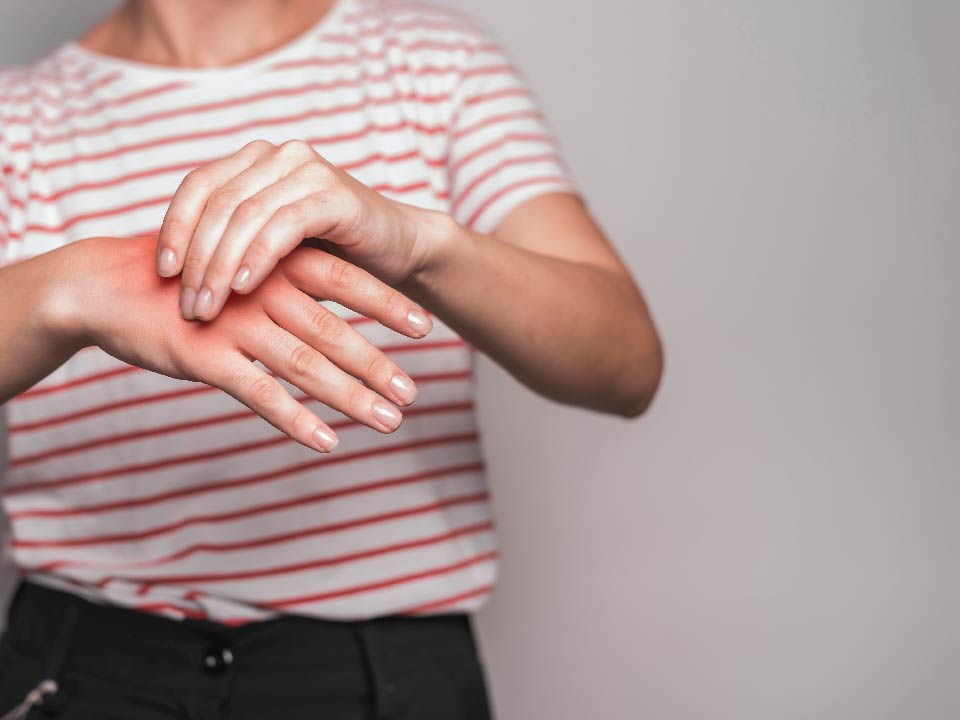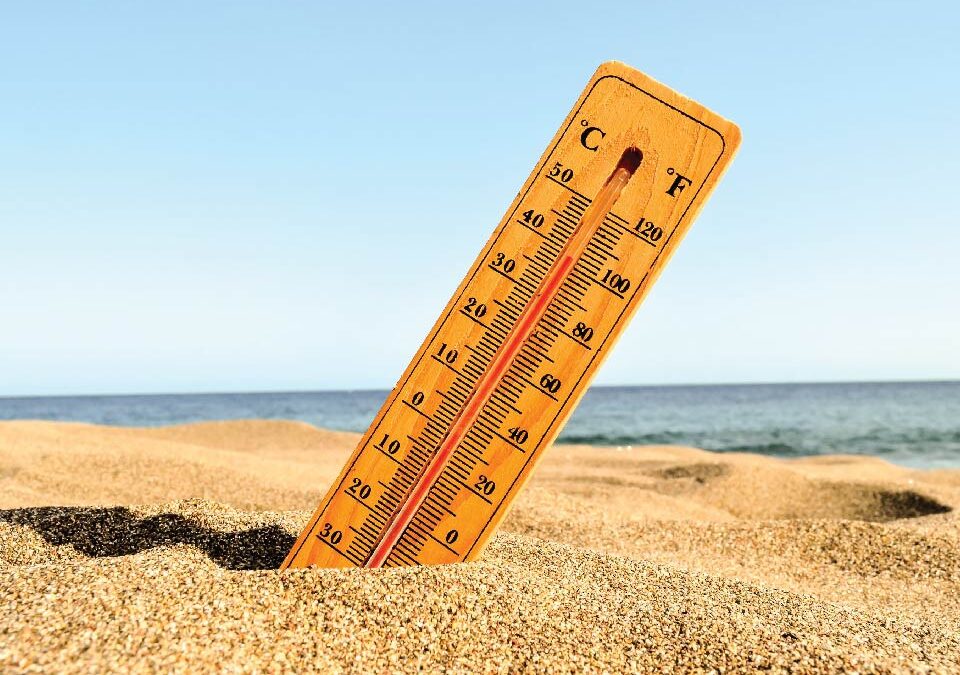
Piles Treatment For Diabetics
March 14, 2022
Carpal Tunnel Syndrome in Diabetes: What Does It Mean?
March 14, 2022Summer and diabetes are associated. Individuals with type 1 or type 2 diabetes feel excessive heat during the summers in comparison with those who do not have diabetes. Some of the reasons for this phenomenon are mentioned below:
- Certain specific diabetes complications, such as damage to nerves and blood vessels, can affect your sweat glands. As a result, your body cannot cool as optimally. This may lead to heat exhaustion or even a heat stroke, which is a medical emergency.
- Individuals with diabetes tend to experience dehydration (losing too much water from the body) far more quickly. Not consuming enough liquids can raise blood sugar levels. What’s worse is that elevated blood sugar levels can lead to more frequent urination, thus increasing levels of dehydration. In addition, some classes of medications (such as diuretics that are used to treat hypertension) can lead to dehydration, too.
- Soaring temperatures can alter the way your body uses insulin. During the summers, you may be required to test your blood sugar levels far more often and adjust your insulin dose, besides paying close attention to your diabetes diet.
The Combination of Heat and Humidity
Even when it does not seem to be too hot outside, the combination of heat and humidity (which is the amount of moisture in the air) can be quite dangerous. When sweat evaporates from your skin, heat is removed from your body, and this cools you. It is much harder to stay cool during high humidity because sweat fails to evaporate efficiently.
Whether you are in the midst of a workout or just merely hanging out, it is a clever idea to check the temperature beforehand. Heat is a measurement that is a combination of temperature and humidity. Those with diabetes need to undertake steps to stay cool when it crosses 80°F in the shade, with 40% humidity or more.
An important thing to know is that the heat index could be up to 15°F higher during full sunlight. Hence, you need to stick to the shade when the weather warms up.
Being physically active is the key when it comes to the successful management of diabetes; however, do not get active outdoors when the sun is at the zenith or when the heat index is extremely high. Step outside during early morning hours or maybe in the evening while temperatures are lower. Alternatively, you may want to work out in an airconditioned gym to stay active.
What Else Feels The Summer Heat?

You guessed it right: diabetes medications, supplies, and other equipment.
- Do not store insulin or oral medications in direct sunlight or in a warm car. Check package information to know how high temperatures can affect insulin as well as other medications.
- If you are travelling, store insulin and other diabetes medications in a cooler. That said, do not store insulin directly on ice or gel packs.
- Heat can cause substantial damage to your blood glucose monitor, insulin pump, and other miscellaneous equipment. Do not leave these items in a hot car, in direct sunlight, by the pool, or on the beach. The same is applicable to supplies such as glucose test strips.
That said, do not let the summer heat to stop you from carrying your diabetes medications and supplies with you whenever the need arises to step outside for a long time. You will need to be able to test your blood glucose levels and take action if it is too high or too low to prevent diabetes symptoms. Just ensure that you protect your diabetes gear from the summer heat.
The summers can throw off your routine and even your diabetes management plan. You need to check your blood sugar levels more often to ensure that it is within the target range, regardless of what the summer has in store for you. It is especially important to know the symptoms of low blood sugar and treat it as quickly as possible.
On A Final Note:
Individuals with diabetes experience the summer heat in a more intense way in comparison with those who do not have diabetes. Certain diabetes complications can affect your sweat glands, making it much more difficult to cool off. This can lead to heat exhaustion or heat stroke, which needs immediate medical treatment. Another aspect regarding summers is that you must make it a point not to store diabetes medications, insulin, and other equipment (such as insulin pumps and glucose strips) in conditions that are hot and humid.
References:




